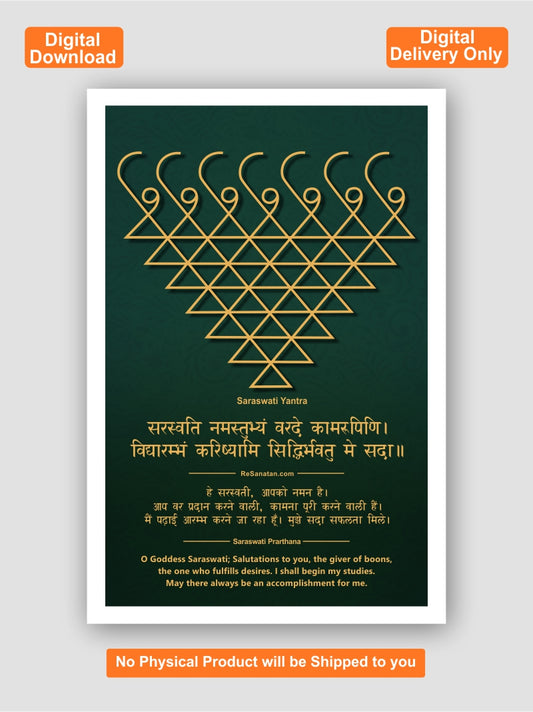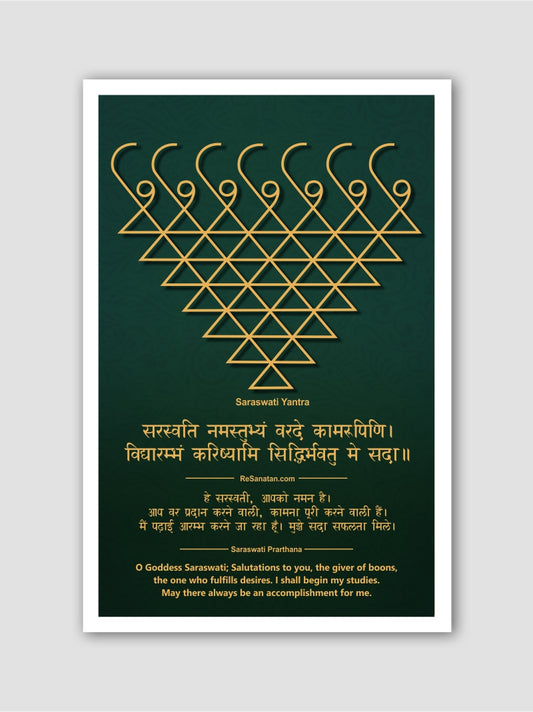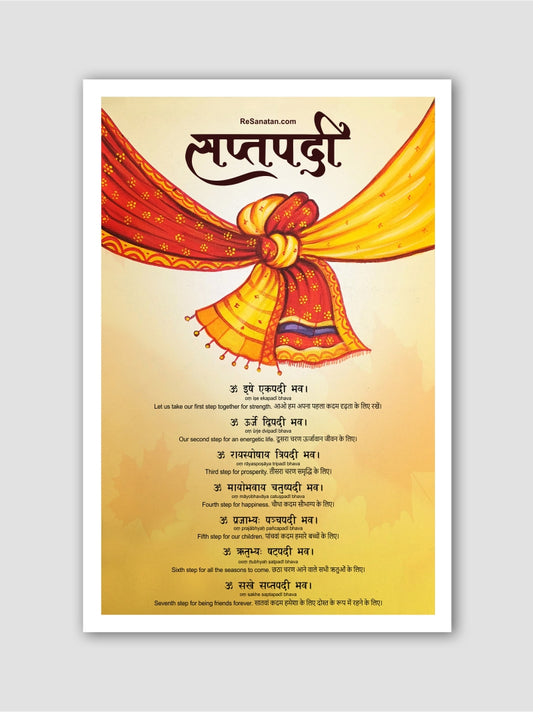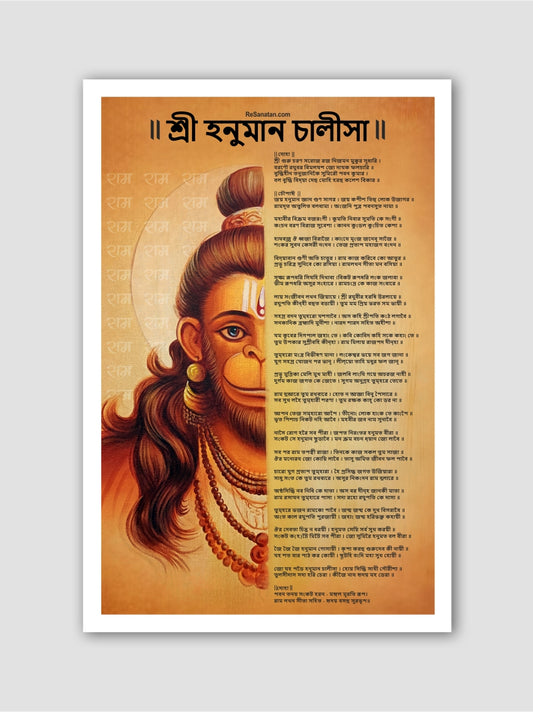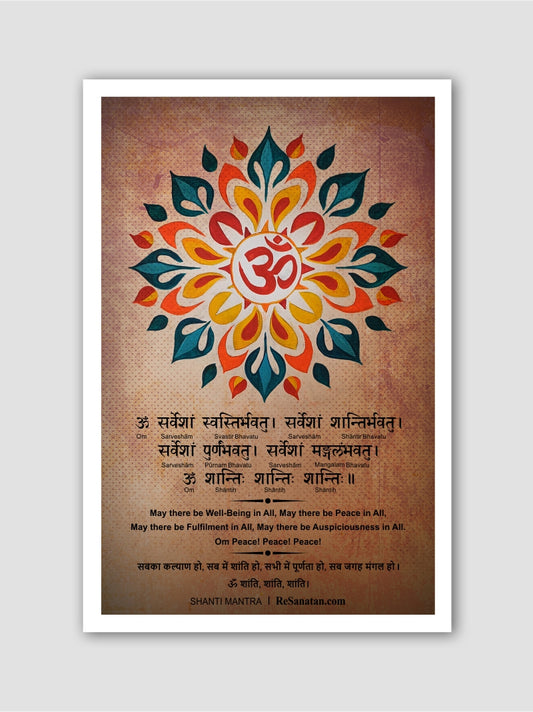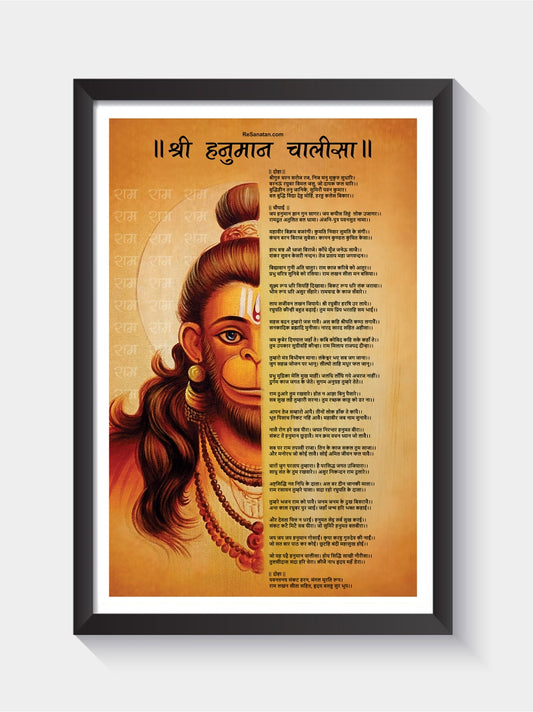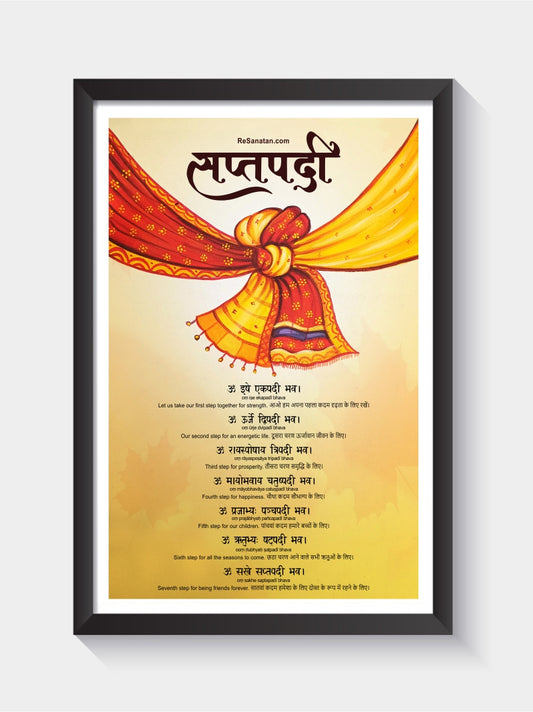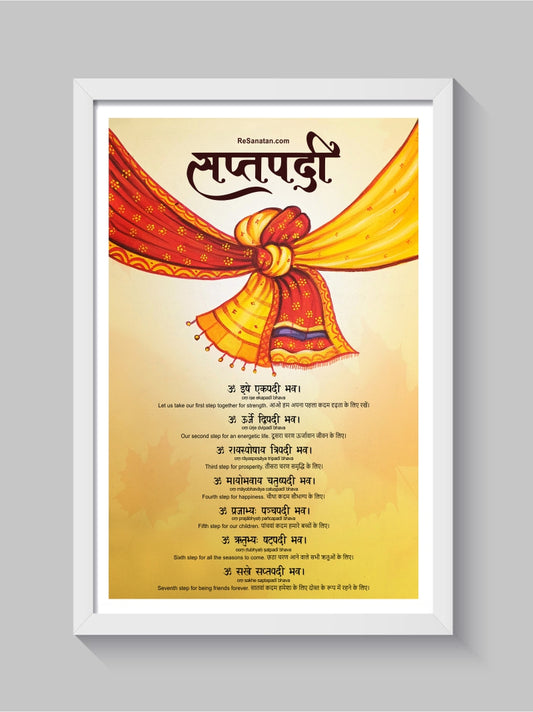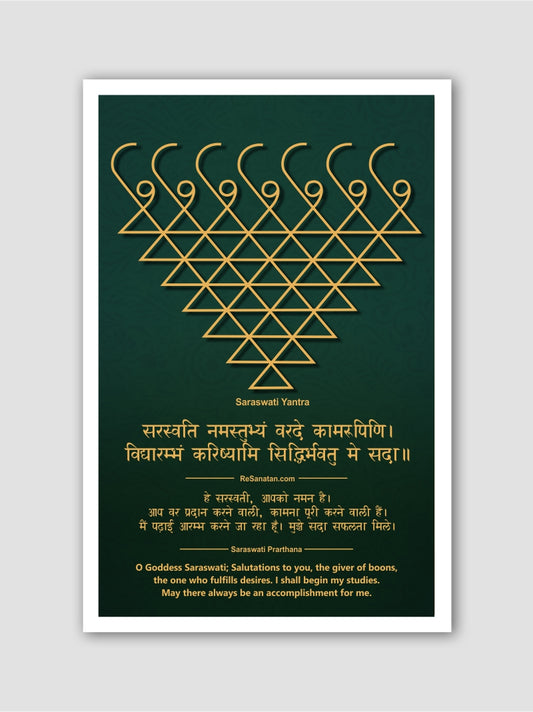Ram Navami: Unveiling Its Historical Roots, Legends, and Celebrations
Share
Ram Navami, a significant Hindu festival, celebrates the birth of Lord Ram, an avatar of Vishnu and the hero of the ancient Indian epic, the Ramayana. This auspicious day falls on the ninth day (Navami) of the Chaitra month of the Hindu calendar, marking a period of deep spiritual reflection and jubilation.

Ram Navami 2026
In 2026, Ram Navami will be celebrated on Thursday, March 26, marking the divine birth of Lord Rama, the seventh incarnation of Lord Vishnu. This sacred festival falls on the Navami Tithi of the Chaitra month and holds immense spiritual significance for devotees. The Navami Tithi begins at 11:48 AM on March 26 and ends at 10:06 AM on March 27. The most auspicious time for performing Rama Puja is during the Madhyahna Muhurat, which is from 11:13 AM to 1:41 PM, lasting for 2 hours and 27 minutes. On this day, devotees observe fasts, recite the Ramayana, visit temples, and participate in special bhajans and rituals to celebrate the birth of the virtuous king of Ayodhya.
History of Ram Navami
The festival's history is as ancient as the scriptures that mention it, deeply rooted in the spiritual and cultural tapestry of Hinduism. This section delves into the historical background of Ram Navami, exploring its origins, evolution, and the mythological lore that surrounds this auspicious occasion.
Origins in Ancient Texts
The historical origins of Rama Navami can be traced back to the Ramayana, an epic poem authored by the sage Valmiki. The Ramayana narrates the life of Lord Ram, his virtues as a son, a brother, a husband, and a king, his exile, the abduction of his wife Sita by the demon king Ravana, and Ram's victory over evil. Ram Navami is mentioned in other ancient texts as well, including the Puranas, which detail the rituals and significance of observing this day. These texts serve as the foundational sources that attest to the festival's ancient lineage and its significance in Hindu religious practices.
Evolution of the Festival
Over centuries, Ram Navami has evolved from a modest observance to a major festival celebrated in many parts of the world. Initially, the celebration might have been limited to fasting, prayers, and recitation of Ram's exploits from the Ramayana. As Hinduism spread and diversified, the festival grew in prominence, reflecting local traditions, cultures, and regional interpretations of the epic story. Temples dedicated to Ram were established, becoming focal points of celebration, especially in Ayodhya, believed to be Ram's birthplace.
Legends and Story Associated with Ram Navami
The legends associated with Ram Navami are primarily derived from the ancient Indian epic, the Ramayana, which details the life and adventures of Lord Ram, an avatar of the god Vishnu.
The Birth of Lord Ram
The most central story to Ram Navami is, naturally, the tale of Lord Ram's birth. According to Hindu mythology, Ram was born to King Dasharatha and Queen Kaushalya of Ayodhya after the king performed the sacred Putrakameshti Yajna, a fire sacrifice to invoke divine blessings for a son. The gods, pleased with Dasharatha's devotion, sent the god Vishnu to be born as his son. Ram was born at noon on the ninth day (Navami) of the lunar month of Chaitra, hence the name Ram Navami. He was not born alone; his brothers Lakshmana, Bharata, and Shatrughna were also born to the king's other wives as part of the divine boon.
The legend of Ram Navami is incomplete without delving into the Ramayana, the epic that chronicles Rama's life. This includes his marriage to Sita, his rightful claim to the throne of Ayodhya, his subsequent fourteen-year exile accompanied by Sita and his brother Lakshmana, the abduction of Sita by Ravana, the demon king of Lanka, and the epic battle to rescue her. The Ramayana not only narrates the physical journey of Lord Ram but also his moral and spiritual journey, embodying the principles of dharma (righteousness), truth, and the struggle between good and evil.
The Significance of Ayodhya
Ayodhya holds a special place in the celebration of Ram Navami as the birthplace of Lord Ram. It is considered one of the seven most sacred cities in Hinduism. On Ram Navami, Ayodhya sees an influx of devotees from across the world, coming to participate in the grand celebrations, which include taking a dip in the sacred Sarayu River, believed to wash away sins and bring blessings.
Symbolism and Teachings
The stories and legends associated with Ram Navami are not mere historical or mythological accounts; they are imbued with deep philosophical and spiritual meanings. Lord Ram's life exemplifies the ideal qualities of man, including adherence to dharma, bravery, loyalty, and the importance of familial bonds. Ram Navami, thus, serves as a reminder to imbibe these virtues in our lives, emphasizing the victory of good over evil, truth over falsehood, and light over darkness.
Significance of Ram Navami
The significance of Ram Navami is deeply embedded in the cultural and spiritual fabric of Hinduism, offering lessons that resonate with the faithful across ages.
Embodiment of Dharma
At the heart of Ram Navami's significance is the celebration of Lord Rama as the epitome of dharma. His life, as depicted in the epic Ramayana, is a testament to the unwavering commitment to righteousness, despite the trials and tribulations he faces. By observing Ram Navami, devotees are reminded of the importance of living a life anchored in virtue, integrity, and duty, qualities that Lord Ram exemplified throughout his life.
The Triumph of Good over Evil
The narrative of Rama's victory over Ravana, the demon king of Lanka, symbolizes the universal theme of the triumph of good over evil. Ram Navami serves as an annual reaffirmation of the belief that no matter the magnitude of adversities or the strength of wrongdoing, righteousness and truth eventually prevail. It's a day that inspires faith and hope among devotees, reinforcing the moral that ethical and moral actions are always supported by the divine.
Unity and Devotion
Rama Navami also signifies the importance of unity, devotion, and the strength of familial bonds. The collective worship of Lord Ram, alongside his consort Sita, his brother Lakshmana, and his ardent devotee Hanuman, reflects the value placed on relationships and loyalty. This aspect of the festival encourages individuals to cherish and uphold the sanctity of relationships in their lives, drawing inspiration from these divine figures.
Cultural Integration and Celebration
Across various regions in India and around the globe, Ram Navami is celebrated with diverse customs and traditions, showcasing the rich tapestry of Hindu cultural heritage. From the chanting of Ram's name and recitation of the Ramayana to elaborate temple ceremonies and processions, the festival fosters a sense of community and collective devotion. It's a day when cultural and spiritual boundaries blur, uniting people in a shared celebration of divinity and moral values.
Personal and Spiritual Growth
For many devotees, Ram Navami is a time for personal reflection and spiritual renewal. Engaging in fasts, prayers, and charitable acts on this day is believed to bring one closer to attaining personal purity, divine blessings, and spiritual enlightenment. It's an opportunity to introspect on one's life, making resolutions to live in a manner that is harmonious with the principles of dharma, akin to Lord Ram.
Ram Navami Rituals and Practices
This auspicious occasion, falling on the ninth day of the Chaitra month, is marked by a variety of rituals and practices that reflect devotion, reverence, and the cultural richness of Hinduism. These rituals and practices not only honor the divine but also serve to imbue devotees' lives with the virtues Lord Rama exemplifies.
FastingA significant number of devotees observe a fast on Ram Navami. This fast can be either partial or complete, with some choosing to consume only fruits, milk, and water. The act of fasting is believed to purify the body and mind, making it a suitable vessel for divine blessings and fostering a deeper connection with the divine.
Puja and RecitationSpecial pujas (worship rituals) are conducted in homes and temples dedicated to Lord Ram. These rituals often begin with the cleaning of the idol or image of Lord Rama, followed by offerings of flowers, fruits, and sweets. Devotees also engage in the recitation of Rama's name, chanting mantras, and reading from the Ramayana, especially passages that narrate the story of Rama's birth and his virtues.
Akhand PaathIn many households and temples, an Akhand Paath (continuous reading) of the Ramayana is organized, starting a day or two before Ram Navami and concluding on the day itself. This non-stop recitation underscores the importance of Ram's teachings and life story in guiding devotees toward righteousness and moral living.
Bhajans and KirtansBhajans (devotional songs) and Kirtans (call-and-response chanting) dedicated to Lord Ram are a common feature of Ram Navami celebrations. These musical offerings are a joyous way to express devotion and keep the memory of Rama's deeds and virtues alive in the hearts of the faithful.
Temple VisitsVisiting temples dedicated to Lord Ram is another key ritual. Devotees throng these sacred spaces to offer prayers, participate in the special aartis (worship rituals with fire), and partake in the community feasts (Prasad or Langar) that many temples organize. These visits are a testimony to communal harmony and the shared devotion to Lord Ram.
Charitable ActsGiving to the needy is another practice associated with Ram Navami. Many devotees engage in acts of charity by distributing food, clothes, and alms to the poor. This practice is rooted in the belief that serving the needy is a form of worship and a way to earn divine blessings.
Cultural ProgramsCultural programs and religious dramas enacting scenes from the Ramayana, especially the life of Lord Ram, are organized in various communities. These programs, often featuring music and dance, serve not only as entertainment but also as a means of educating the younger generation about Rama's life and teachings.
RathayatrasIn some regions, processions (Rathayatras) featuring idols of Lord Ram, Sita, Lakshmana, and Hanuman are taken out through the streets. These processions symbolize the journey of Ram to his kingdom after defeating Ravana and are a public expression of joy and devotion.
Ram Navami Wishes in English:
- May Lord Ram bless you with peace and virtue on Ram Navami and always.
- Wishing you a joyful and blessed Ram Navami. May your life be filled with happiness and prosperity.
- On the auspicious occasion of Ram Navami, may Lord Ram shower you with his choicest blessings.
- Let us remember Ram's victory over evil and celebrate the spirit of righteousness. Happy Ram Navami!
- May the divine grace of Lord Ram be with you today and always. Happy Ram Navami!
- Celebrate Ram Navami with prayers in your heart and hope in your soul. May you be blessed abundantly.
- On Ram Navami, may you embrace Rama's courage and wisdom in your life. Warm wishes to you.
- Let the story of Ram inspire you to overcome challenges with grace. Happy Ram Navami!
- Wishing you a Ram Navami filled with love, peace, and devotion. May you be blessed with all that you desire.
- May the blessings of Lord Ram lead you to success and happiness. Happy Ram Navami!
- Embrace the teachings of Lord Ram for a life full of virtue and bliss. Warm wishes on Ram Navami.

Ram Navami Wishes in Hindi:
- राम नवमी के इस पावन अवसर पर, प्रभु राम आपको शांति और सद्गुण प्रदान करें।
- आपको राम नवमी की हार्दिक शुभकामनाएं। आपका जीवन सुख और समृद्धि से भर जाए।
- राम नवमी के शुभ अवसर पर, मैं प्रार्थना करता हूँ कि प्रभु राम आप पर अपनी कृपा बनाए रखें।
- आइए हम राम की बुराई पर विजय को याद करें और धर्म की भावना को मनाएं। शुभ राम नवमी!
- आज और हमेशा आप पर प्रभु राम की दिव्य कृपा बनी रहे। शुभ राम नवमी!
- प्रार्थना के साथ राम नवमी मनाएं और अपनी आत्मा में आशा रखें। आप पर अनंत आशीर्वाद बरसे।
- राम नवमी पर, अपने जीवन में राम के साहस और ज्ञान को अपनाएं। आपको हार्दिक शुभकामनाएं।
- राम की कहानी आपको कृपा से चुनौतियों का सामना करने की प्रेरणा दे। शुभ राम नवमी!
- प्रेम, शांति, और भक्ति से भरी राम नवमी की शुभकामनाएं। आपकी सभी इच्छाएं पूरी हों।
- प्रभु राम का आशीर्वाद आपको सफलता और खुशी की ओर ले जाए। शुभ राम नवमी!
- प्रभु राम की शिक्षाओं को अपनाएं और एक सद्गुणी और आनंदमय जीवन जिएं। राम नवमी की गर्मजोशी भरी शुभकामनाएं।
Ram Navami Wishes in Sanskrit:
- रामनवम्यां ते शांतिम् च सद्गुणान् च प्रयच्छतु।
- रामनवमीशुभेच्छाः सर्वदा त्वां समृद्धिकरोतु।
- रामनवम्याम् आशीर्वादं तुभ्यं ददातु राघवः।
- धर्मस्य विजयं स्मृत्वा रामनवमीं समर्हामहे।
- रामस्य दिव्यकृपा त्वां सदा पालयतु।
- रामनवम्यां प्रार्थनायाः सह आशां च हृदि धारय।
- रामस्य साहसं जीवने योजय स्वकीये।
- रामकथा त्वां प्रेरयतु विघ्नेषु धैर्येण वर्तितुम्।
- प्रेम्णा शांत्या भक्त्या रामनवमीं जयतु।
- रामभक्तिः त्वां सफलतायै नेतुम्।
- रामशिक्षाम् अनुसृत्य धर्मिकं जीवनं यापय।




